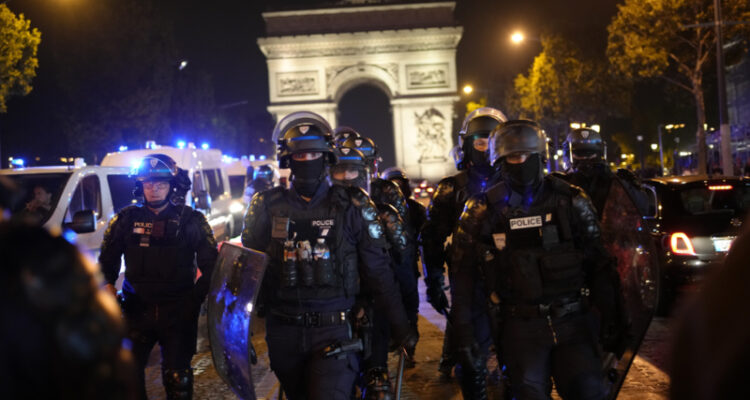Majority of those in western Europe arrested on terror charges are younger than 19, were radicalized on TikTok and other social media platforms.
By World Israel News Staff
French authorities are on heightened alert for Islamic terror attacks ahead of the upcoming Olympic Games, and are particularly worried about the threat posed by young Muslim extremists who have been dubbed “TikTok terrorists.”
The vast majority of those arrested for terror offenses in western Europe – approximately two out of three – have been under 19 years old, according to a report in the Jewish Chronicle.
Peter Neumann, a professor of security studies at King’s College, London, told the JC that the young ages of the suspects are part of a “totally new phenomenon” which has seen a sharp uptick in teens becoming radicalized and attempting to carry out terror attacks.
Previously, Neumann told the JC, “the odd teenager would be arrested for terrorism once in a while, and we were shocked, because it was exceptional. Not any more.”
“It starts with them sharing videos and egging each other on, and then they get together and decide to do something, to plan a terrorist attack,” Neumann said.
TikTok , a social media platform that’s especially popular with teens, is rife with videos promoting terrorism and antisemitism.
One watchdog group, the Center for Countering Digital Hate, found that several videos with explicitly antisemitic content, including supporting the murder of Jews, had been viewed over 33 million times on the platform.
“Hateful ideologies, like antisemitism, are not and have never been allowed on our platform,” a spokesperson for TikTok told the JC.
“We remove 91 percent of content found to break these rules before it is reported to us, work with the World Jewish Congress to remove content and have some of the fewest online antisemitic incidences according to the CST.”
Those claims are highly dubious, as antisemitic and terror-supporting content remains commonplace on the platform.





